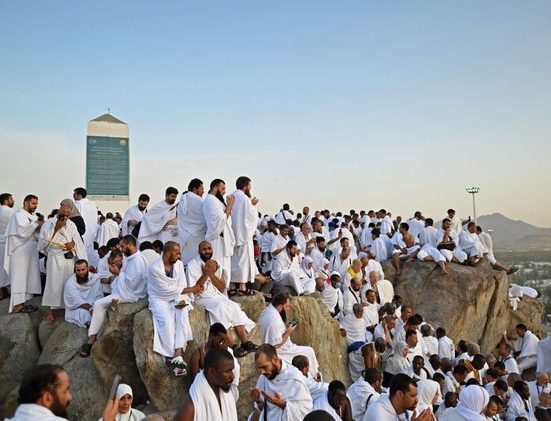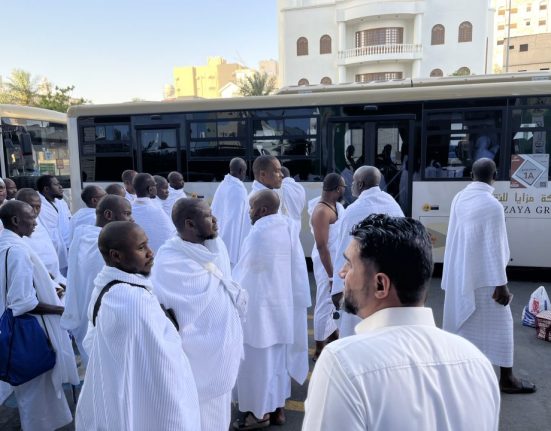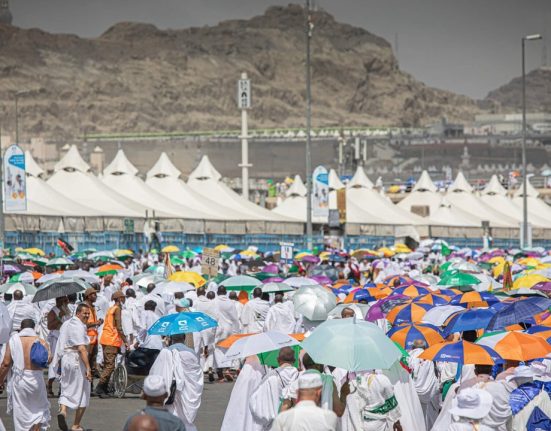As Muslims around the world prepare for the sacred rituals of Hajj, a significant spiritual opportunity presents itself with the Day of Arafah — a day of immense reward, mercy, and forgiveness. According to an authentic tradition of Prophet Muhammad (peace be upon him), fasting on this day is a means through which Allah expiates the sins of both the previous year and the year ahead.
The revered statement of the Prophet (PBUH), recorded in Sahih Muslim, states: “Fasting on the Day of Arafah, I anticipate from Allah, will erase the sins of the year before it and the year after it.” This saying has continued to inspire millions of Muslims globally to observe voluntary fasting on the 9th day of Dhul-Hijjah — known as Yawm Arafah — which falls a day before Eid al-Adha.
While those performing the pilgrimage are exempted from fasting on this day due to the physical demands of Hajj, Muslims who are not on pilgrimage are strongly encouraged to fast, as the rewards are immense and spiritually uplifting. The Day of Arafah is also marked by intense supplication, remembrance of Allah, and seeking forgiveness.
Islamic scholars have continued to emphasise the virtue of this day, reminding believers of the mercy and generosity of Allah, who grants complete forgiveness and elevation of status to those who sincerely observe fasting and engage in worship on this sacred day.
As the countdown to Eid al-Adha begins, faithful across Nigeria and beyond are encouraged to seize the opportunity presented by the Day of Arafah — not only as a means of spiritual cleansing but as a moment of reflection, gratitude, and reconnection with their Creator.




